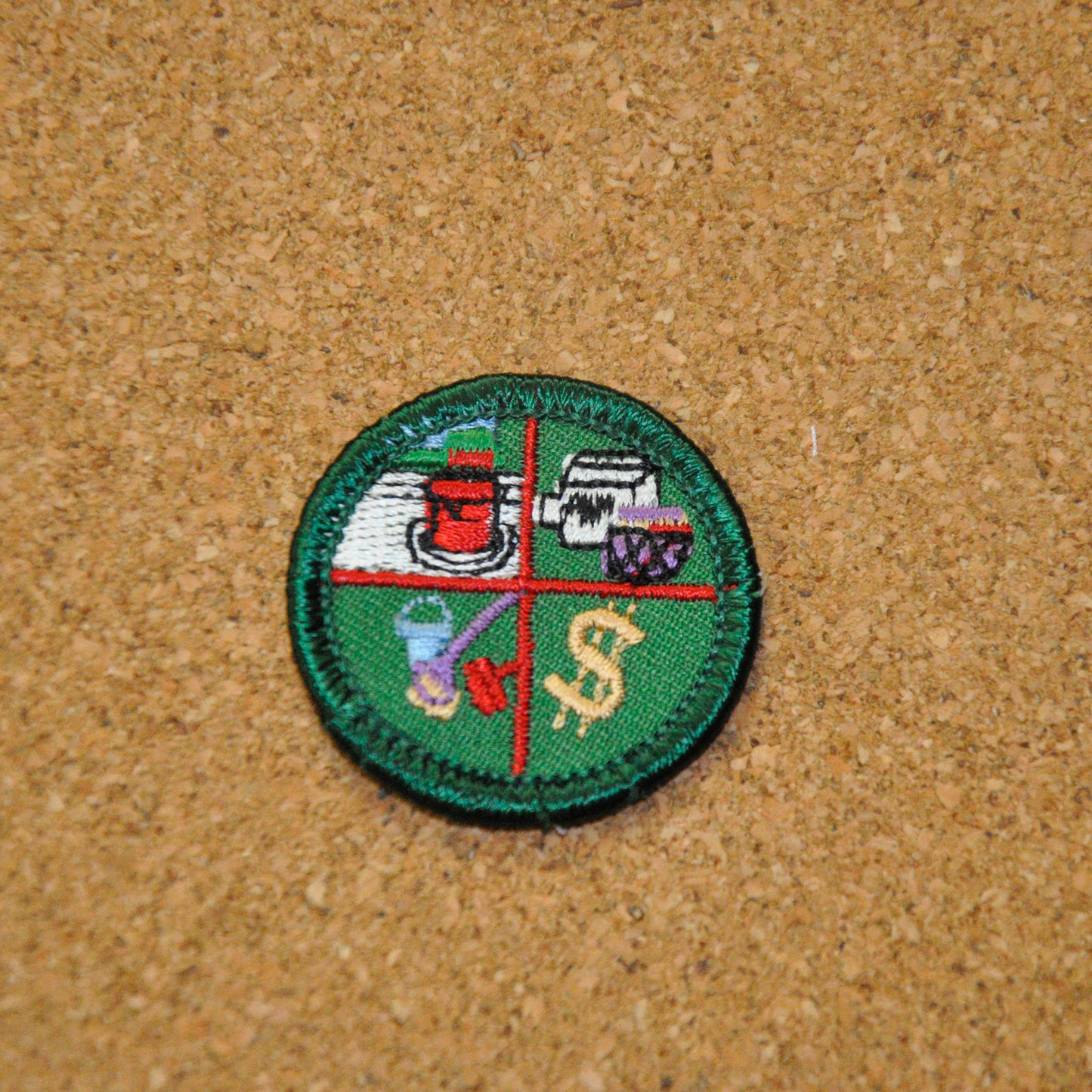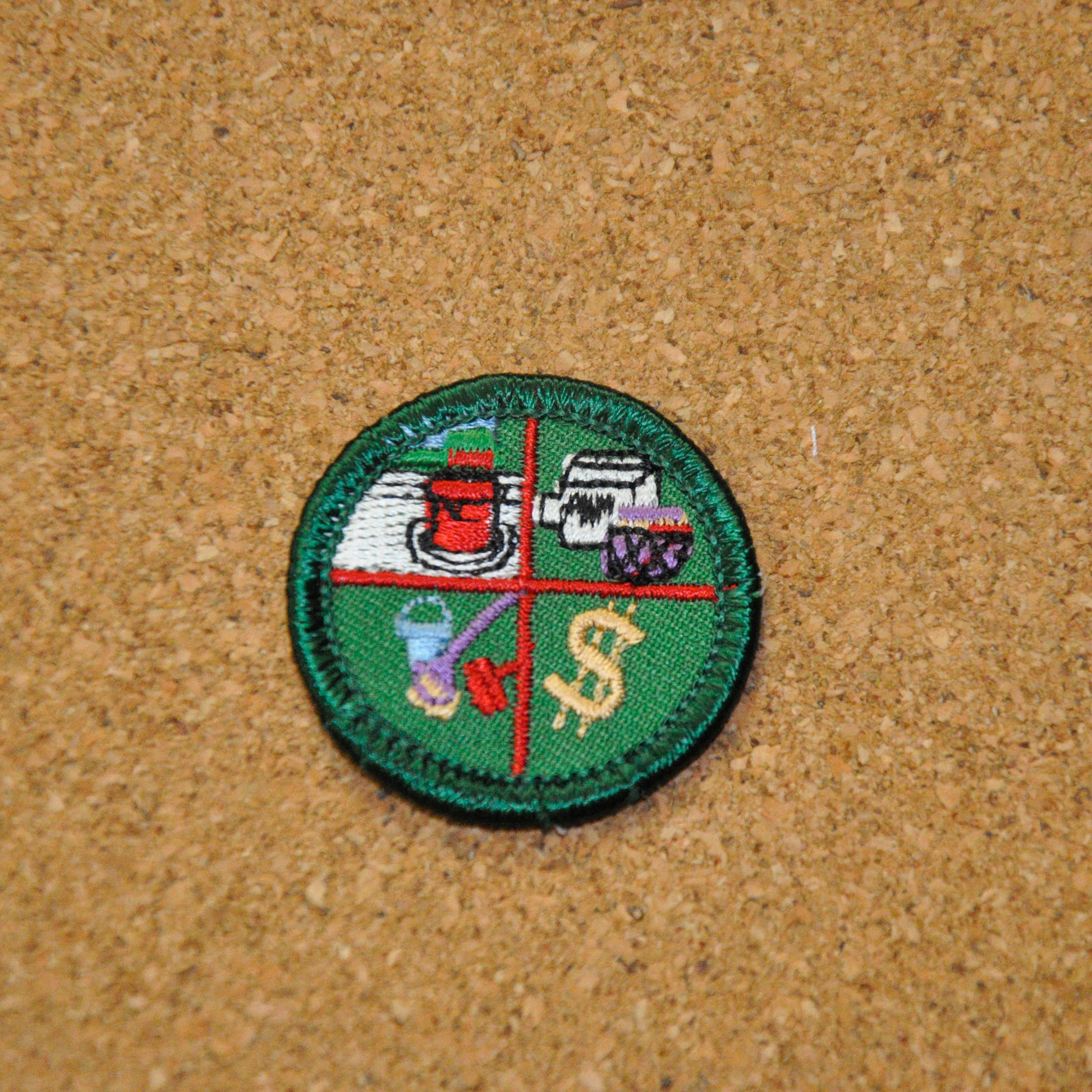Family Living Skills (Junior Badge)
Family Living Skills (Junior Badge)
54 in stock
Couldn't load pickup availability
Family Living Skills
COMPLETE 6 REQUIREMENTS
1. Read about families in Chapter 2 of your Junior
Girl Scout Handbook.
• Look for the responsibilities each family
member has. the way decisions are made,
how problems are solved, what conversations
between adults and children are like,
and the ways families share and help each
other.
• Compare the television and movie families
to families you know. How are these families
the same? How are they different?
2 Find out about several agencies that help
families in your community, county, or state.
What help do they give to families? What
training and education do people need? Add
the information you find to a troop career file,
use it to create a community service reference
booklet, or create a poster highlighting these
agencies.
3 Make up a skit, short story, cartoon, or display
showing what family life could be like in the
future. What would change the most?
4 Ask several people, including women and men
of different ages, girls and boys your own age,
and people from different ethnic and religious
backgrounds how they wquld describe a
homemaker. You can tape or write down their
definitions. Decide on some way to chart or
list your results and share them with others.
5 Interview one of the oldest members of your
family or members of your community. What
household labor-saving techniques and products
have been invented since they were
young? How have the changes in housekeeping
changed family life? Share your discoveries
with others.
6 What are the household tasks that need to be
done in your home? With your family, talk
about each person's responsibilities and activities
outside the home (jobs, school, hobbies,
volunteer work. etc.). Fill in the chart,
"Responsibilities of a Family Member," in
Chapter 2 of your l unior Girl Scout Handbook .
How can you all cooperate and share in the
necessary work? Write out a plan for your
share of the work and follow your plan for at
least three weeks.
or
For at least two weeks, in addition to your
regular household activities, do one of the following
household tasks in your home or in
the home of someone you know who could
use your help: shopping, meal preparation,
laundry, gardening, light cleaning. Ask an
adult to keep track of how well you did your
household tasks. ·
9 Learn about what to look for in cases of hypothermia
and heat stroke. Describe how
treatments differ and what you can do to prevent
and/or avoid both.
IO. Invite a teacher, park ranger, health professional,
or veterinarian to your meeting to talk
about Lyme disease or some other disease in
your area that can be caught from ticks or
insects. Learn what types of precautions
should be taken when traveling in an area
where it is possible to contract these
diseases. Record all information for future
reference.


